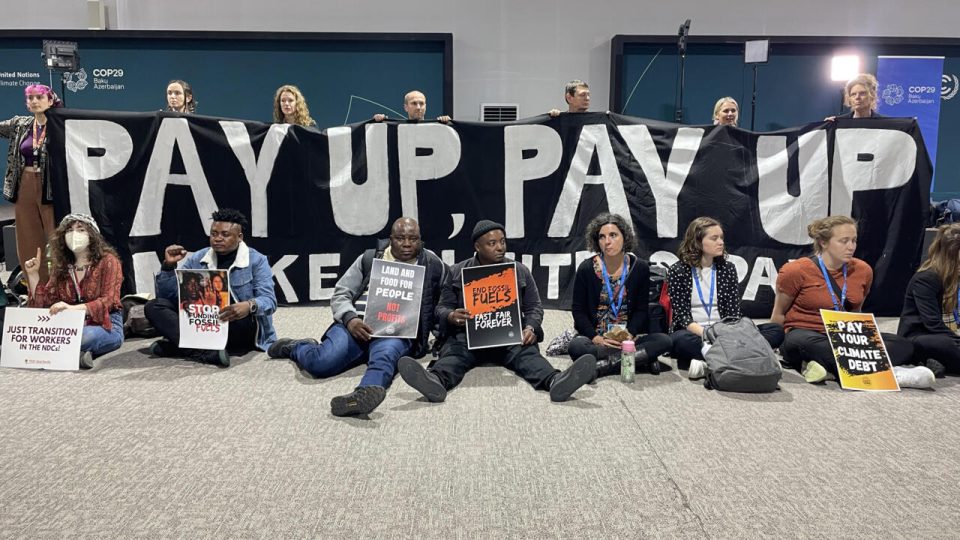At the COP29 summit in Baku, Azerbaijan, world leaders reached an agreement to provide $300 billion annually to developing countries by 2035, aimed at helping them cope with the impacts of climate change. However, this decision has been met with significant criticism from many nations who deem the amount inadequate.
The agreement came after more than two weeks of contentious negotiations rife with political disputes and overt support for fossil fuels. Polish Prime Minister Donald Tusk noted the conflict’s “dramatic dimensions” as countries grapple with the consequences of their past and current policies.
The deal, which aims to support impoverished nations affected by extreme weather, follows a recent Russian missile strike that killed 11 people in Ukraine. It calls for developed countries to commit to financing that far exceeds previous pledges, which have not been met.
Despite the planned increase, the amount proposed falls short of the $1.3 trillion that experts estimate is necessary for developing countries to effectively address the climate crisis. In a passionate address, a representative from India criticized the agreed sum as a “paltry amount” that fails to address the challenges faced by vulnerable nations.
Although countries such as the United States and the European nations participated in the talks, cynicism remains high, as the presence of over 1,700 fossil fuel lobbyists at the summit overshadowed the negotiations. This sparked concern that the deal reflects a compromise to appease corporate interests rather than delivering meaningful support for climate action.
Some nations are hesitant to confront China, a significant global player, which has shown reluctance to commit to substantial contributions. The agreement merely “encourages” voluntary donations from wealthier nations, leaving many developing countries feeling unsupported in their efforts.
Environmental activists have also expressed disappointment about the outcomes of COP29. Critics have noted that the lack of firm commitments from developed nations signals a failure to grasp the urgency of the climate crisis.
As calls for action intensify following this week’s discussions, many advocate for reassessing and increasing the financial support pledged, voicing the necessity for accountability to ensure that the needs of the Global South are prioritized in future negotiations.
Credit: CNN



